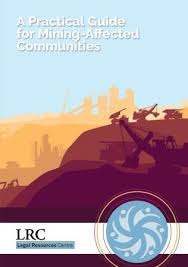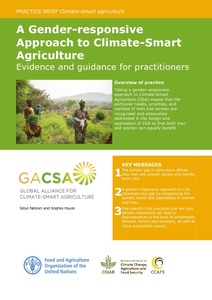Remarks at the Opening Press Conference at World Bank/IMF Spring Meetings, Washington, D.C., April 14, 2011
Robert B. Zoellick, World Bank Group President, addresses the
biggest threat to the poor around the world: high and
volatile food prices. The Bank released an updated Food Price Watch
that underscores the need for the G20 to put food
first. The key driver behind the upward spiral in the food
price index has been sharp rises in the prices of wheat,
maize, sugar, and oils. He discusses the global food
price hikes which have pushed about 44 million people into







